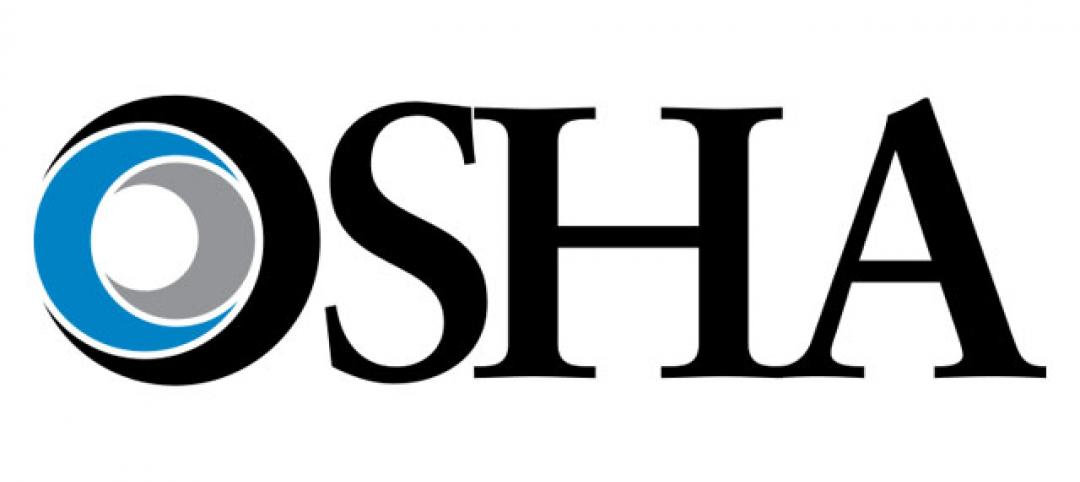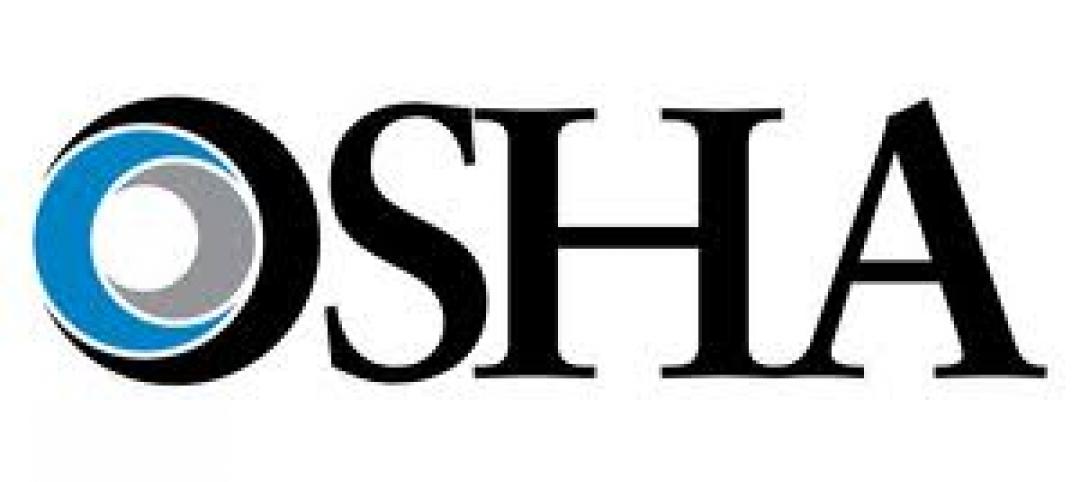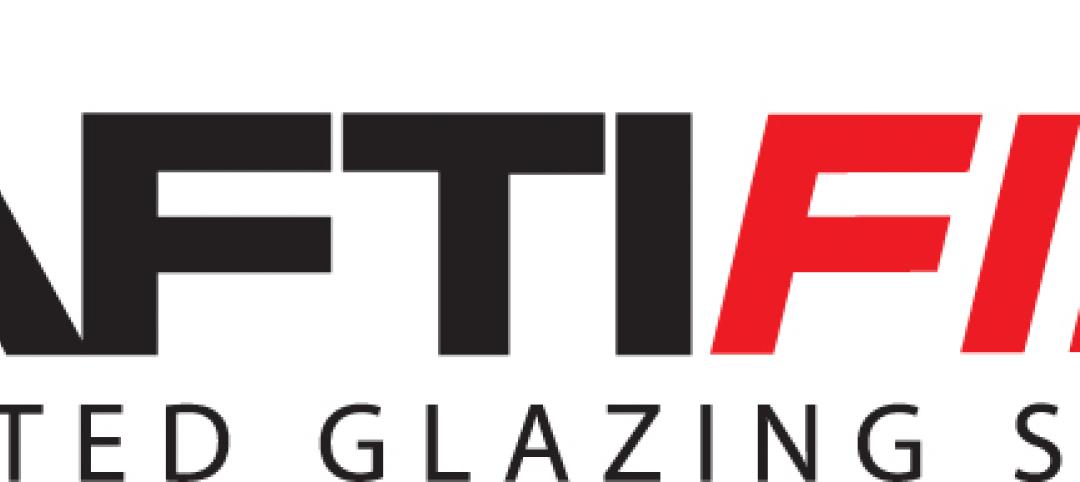The U.S. Green Building Council (USGBC) released a new LEED pilot credit designed to increase transparency in timber supply chains and reduce the risk of illegally harvested wood entering the supply chain.
Development of the Timber Traceability LEED pilot credit was led by a team of timber legality, forestry, and environmental representatives from organizations recognized for leading the fight against illegal logging. Transparency regarding the origin of timber, combined with the use of modern wood identification technologies, can significantly reduce the risk of illegal timber entering the supply chain, according to a USGBC news release.
Drawing on successful anti-counterfeiting initiatives in fashion and the global honey trade, experts believe that DNA, mass spectrometry, and stable isotope analysis can help wood to be traced from end product to its forest origin. This will make it significantly more difficult to falsify documentation about where the timber was harvested.
“Many of the most destructive illegal logging operations around the world depend on masking the true identity and origin of the wood, and this initiative by USGBC tackles that problem directly by incentivizing the latest wood ID technologies,” said Alexander von Bismarck, executive director, Environmental Investigation Agency. “Implementing this credit can lay a foundation to ensure that green buildings don’t become unwitting hiding places for wood stolen from the last great forests of the world.”
Related Stories
| Feb 9, 2012
Rapid growth of zero energy buildings expected
Much of that growth will be in the European Union, where near-zero energy buildings are mandated by 2019 for public buildings, and by 2021 for all construction.
| Feb 9, 2012
Stiffer OSHA fines put strain on Kansas contractors
A fine for a violation that once cost between $750 and $1,200 now runs $7,000 or more per incident, according to a state industry association official.
| Feb 9, 2012
Webinar focuses on lessons learned from LEED-certified industrial project
A Construction Specifications Institute webinar will focus on the lessons learned through the design and construction of a LEED-certified industrial project, Better Living Mill Shop, the first industrial building in Central Virginia to earn LEED certification.
| Feb 8, 2012
California likely to eliminate redevelopment agencies
Leaders of California cities had been trying to fashion a compromise with lawmakers after the state Supreme Court ruled the state had the authority to eliminate the agencies and use their property tax money for local services.
| Feb 8, 2012
Project aimed at economical seismic retrofits on historic Memphis structures
The group will develop a low-cost seismic retrofit model that would benefit aging brick-and-mortar structures. It involves bolting steel brackets to existing wooden floor and ceiling joists.
| Feb 8, 2012
Houston signs on to Better Buildings Challenge
The challenge has about $4 billion in federal and private-sector funds, which it will use for building energy upgrades nationwide in the next two years.
| Feb 8, 2012
OSHA offers free health and safety consulting for small businesses
The consultants offer confidential, non-punitive advice.
| Feb 8, 2012
Controversy over pay for prisoners on roofing job in Michigan
The disagreement was over whether the prisoners should have been paid prevailing wage for their brief time on the job because the project was paid for with a U.S. Department of Energy grant.















